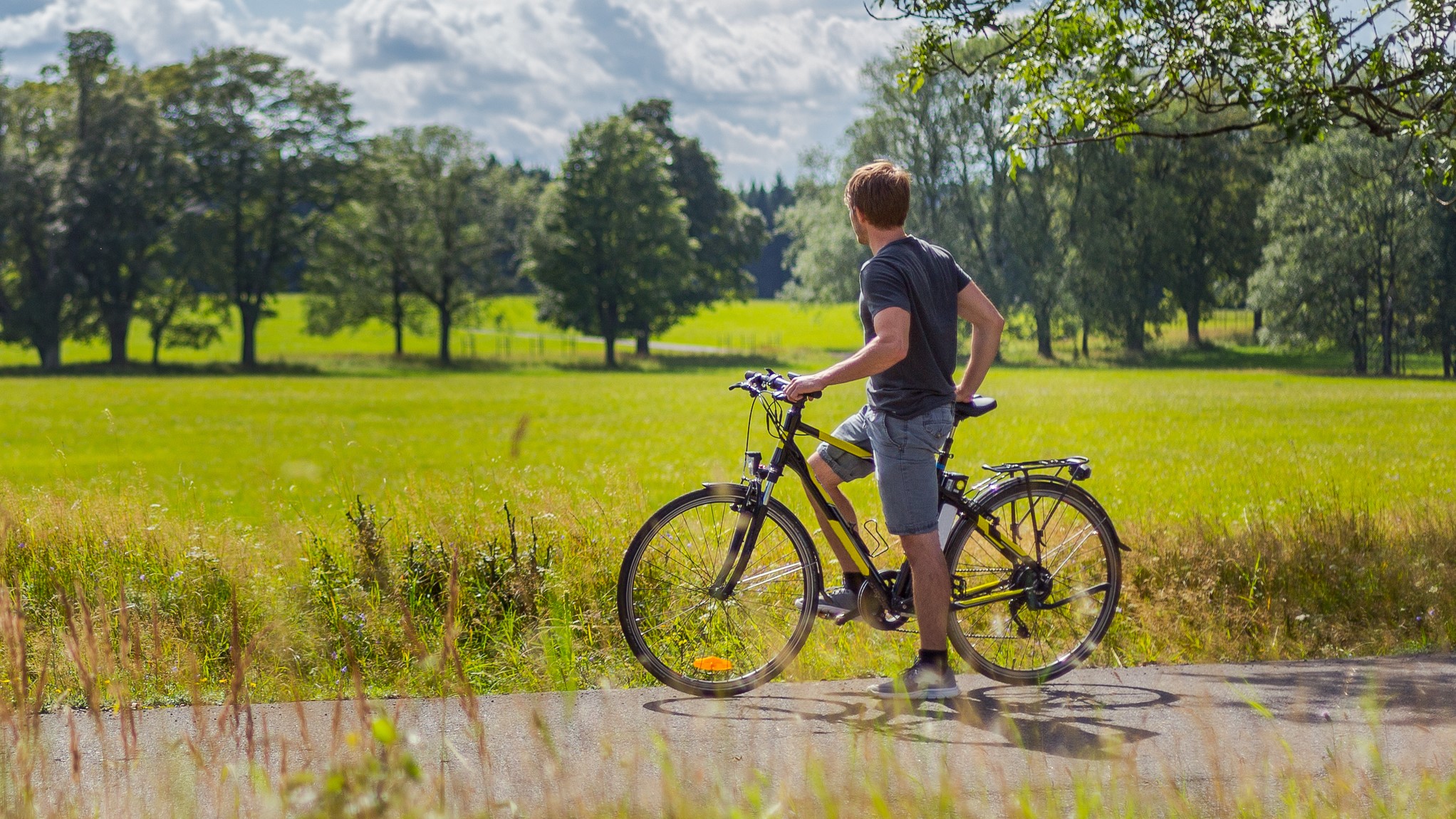No, of course electric bikes aren't cheating

When you power on an electric bike and push off, the first thing you notice is just how quickly you can accelerate. Later on, you'll find yourself cruising up hills that would normally have your thighs burning, and stacking up the miles without breaking a sweat. If other riders around you are pedalling entirely under their own steam, is that really fair?
Many cyclists would argue that no, it isn't. They take their hobby seriously, and believe that kind of fun and freedom should be earned rather than bought (for the several grand, in most cases).
- Find out how to ride an electric bike safely
- Get expert advice on electric bike maintenance
- Everything you need to know about electric bike insurance
I've even read one article from 2014 (titled Why E-bikes are Terrible For You) in which the author argues that even the best electric bikes are too expensive, and "enable entitlement to motion and a sense of false accomplishment".
This strikes me as very strange. Why shouldn't a person feel 'entitled to motion'? If an electric bike means my 70-year-old dad can join me on a bike ride, is he not entitled to that experience? If some electrical assistance means an office worker can commute by bike without flopping down at their desk a sweaty mess, is that really a problem for anyone else?
Sure, it's a different experience to riding unaided, but who is being cheated?

Of course, things are different in competitive cycling (professional or amateur). Having a miniature motor hidden in your downtube during an event is a devious tactic known as 'mechanical doping'.
Mechanical doping might date back as far back as 2010, when it was noted that a rider in the Tour of Flanders was putting in a particularly strong performance in an unusual sitting position, but it wasn't until the introduction of thermal camera imaging that it was confirmed to be a real problem.
Sign up for breaking news, reviews, opinion, top tech deals, and more.
Cycling clubs have to make their own rules too, and some may choose not to allow electric bikes on group rides – not because their riders wouldn't be able to keep up without the motor, but because they might not have the confidence and skills to handle cycling safely in a large group.
That's perfectly understandable, but to claim that someone riding an e-bike to work or for their own pleasure isn't playing by the rules just seems mean.
Riding dirty?
Regarding the health benefits of cycling, having a motor do some of the work does mean you're working less hard, but pedal-assisted electric bikes do still involve some work on the rider's part (certainly more than an electric scooter, which only requires you to push off and balance). You can certainly still get some decent exercise, depending on how you choose to ride.
In a study published in the peer-reviewed Journal of Medical Internet Research, researchers from Brigham Young University in Utah gathered heart rate data from a group of experienced mountain bikers between the ages of 16 and 65 as they rode a six-mile course with 700m elevation. They found that the average heart rate or people riding electric mountain bikes (eMTBs) was 94% of that during normal mountain bike use.

The study also make several of the participants change their minds about electric bikes, and "after riding an eMTB, attitudes related to the future of eMTB use changed with fewer participants considering eMTBs to be a passing fad."
This seems to be a common theme: disapproval of electric bikes is most common among people who've never tried one. Similarly the writer of the article drcrying "entitlement to motion" proudly admitted that he'd never stepped foot on a motor-assisted pedal.
If you're curious, don't let anyone shame you – get over to your local bike shop and take one for a test ride. Not only are you entitled to motion, you're entitled to fun, too.
- We've rounded up the best cheap electric bikes

Cat is TechRadar's Homes Editor specializing in kitchen appliances and smart home technology. She's been a tech journalist for 15 years, having worked on print magazines including PC Plus and PC Format, and is a Speciality Coffee Association (SCA) certified barista. Whether you want to invest in some smart lights or pick up a new espresso machine, she's the right person to help.